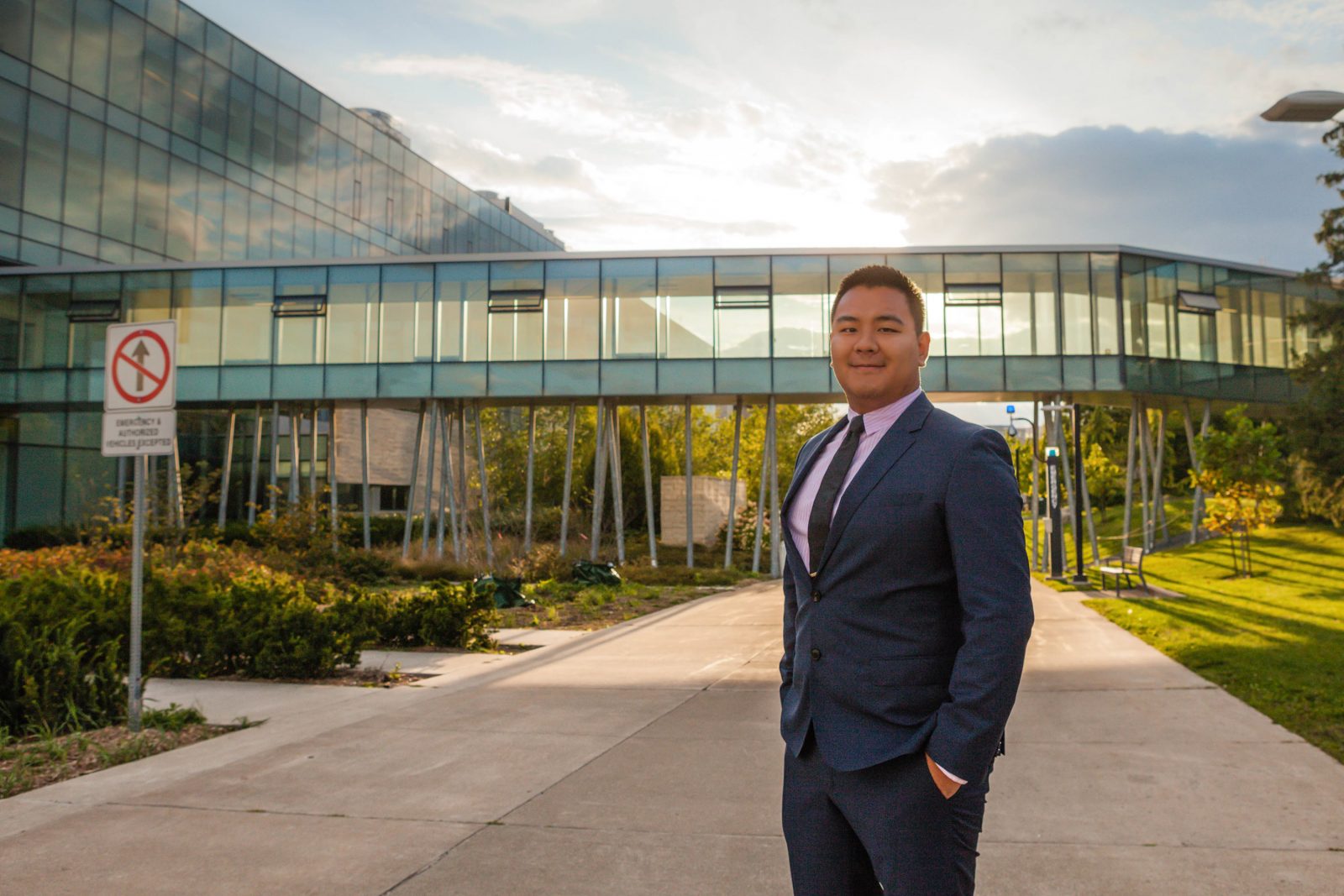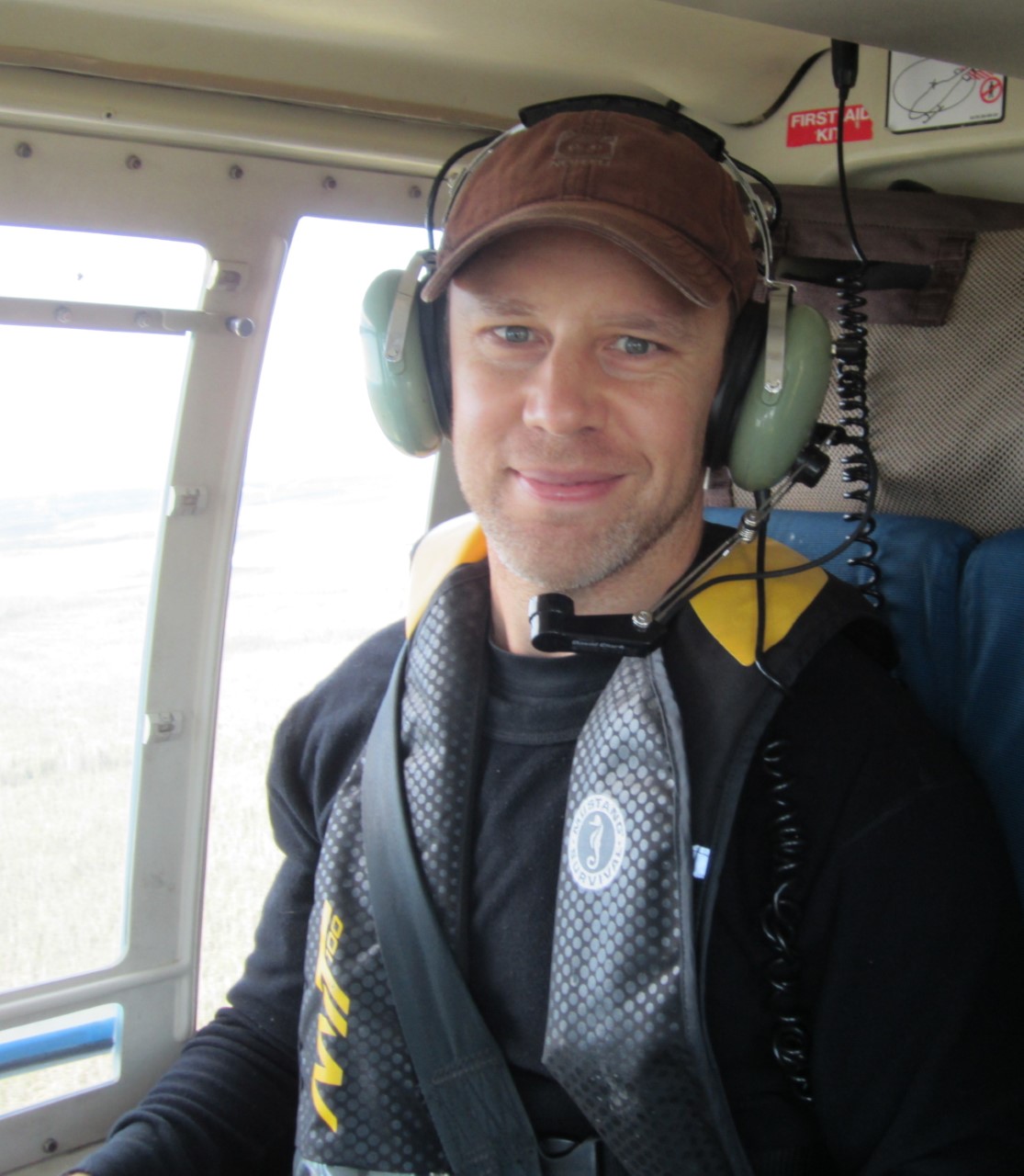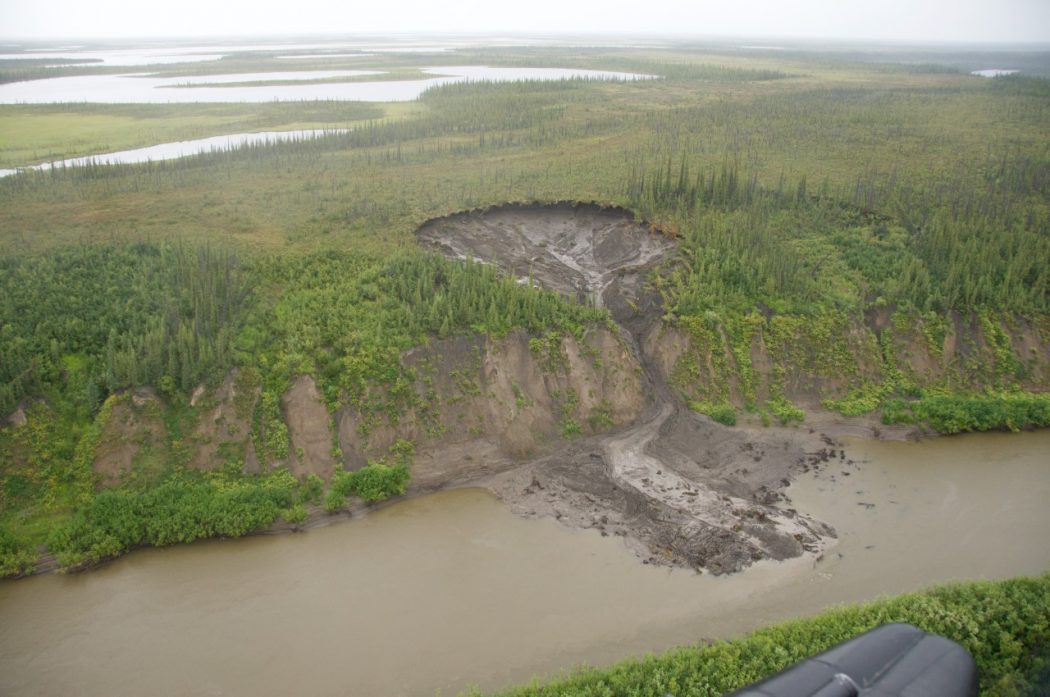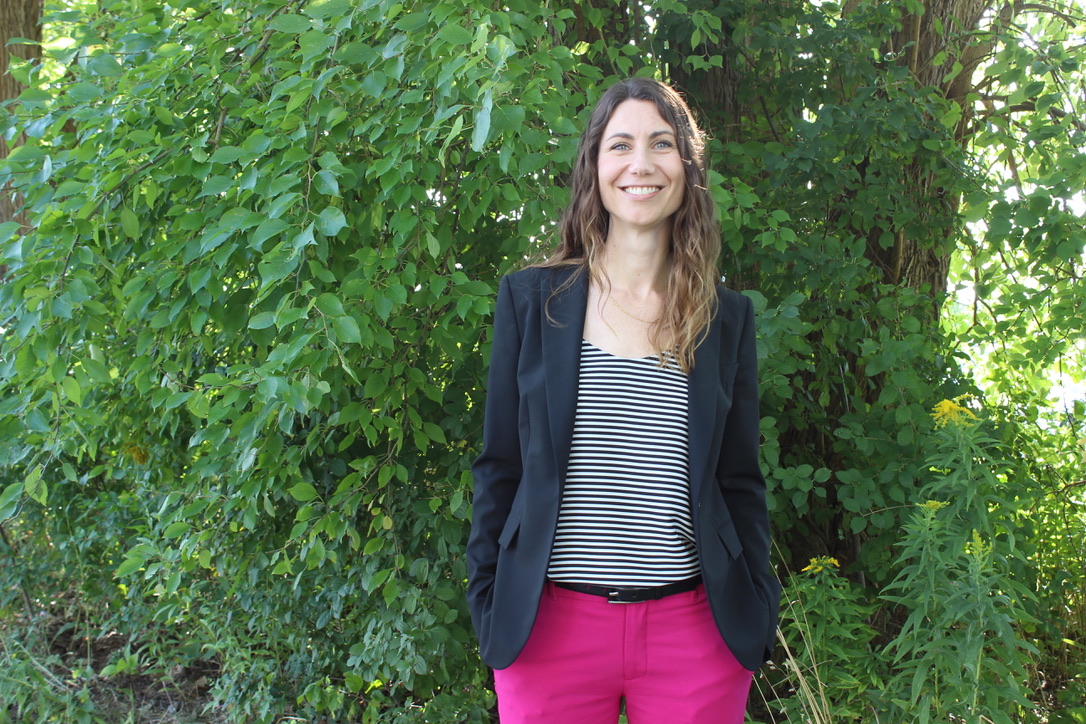As a storm of uncertainty churned around them, two recent Brock grads used skills from their co-op studies to stay on course.
Michelle Pearce and Yunzhuo (Sebastian) Wang knew their enrolment in Brock’s Co-op Education program would give them a leg up when it came to pursuing their goals, but they could not have imagined how much that experience would help them stay on track in the economic uncertainty that accompanied the COVID-19 pandemic.
Wang, who graduated with his Master of Business Administration during Brock’s Fall Convocation on Friday, Oct. 16, came to the University with his sights set on a career in finance. After completing the in-class portion of his education, the Xi’an, China, native began a co-op work term at Meridian Credit Union as a financial planning and analysis analyst.
Many hours of interview preparation, resumé review and further acclimation to the Canadian job market with co-op’s talent performance consultants helped Wang to secure the role.
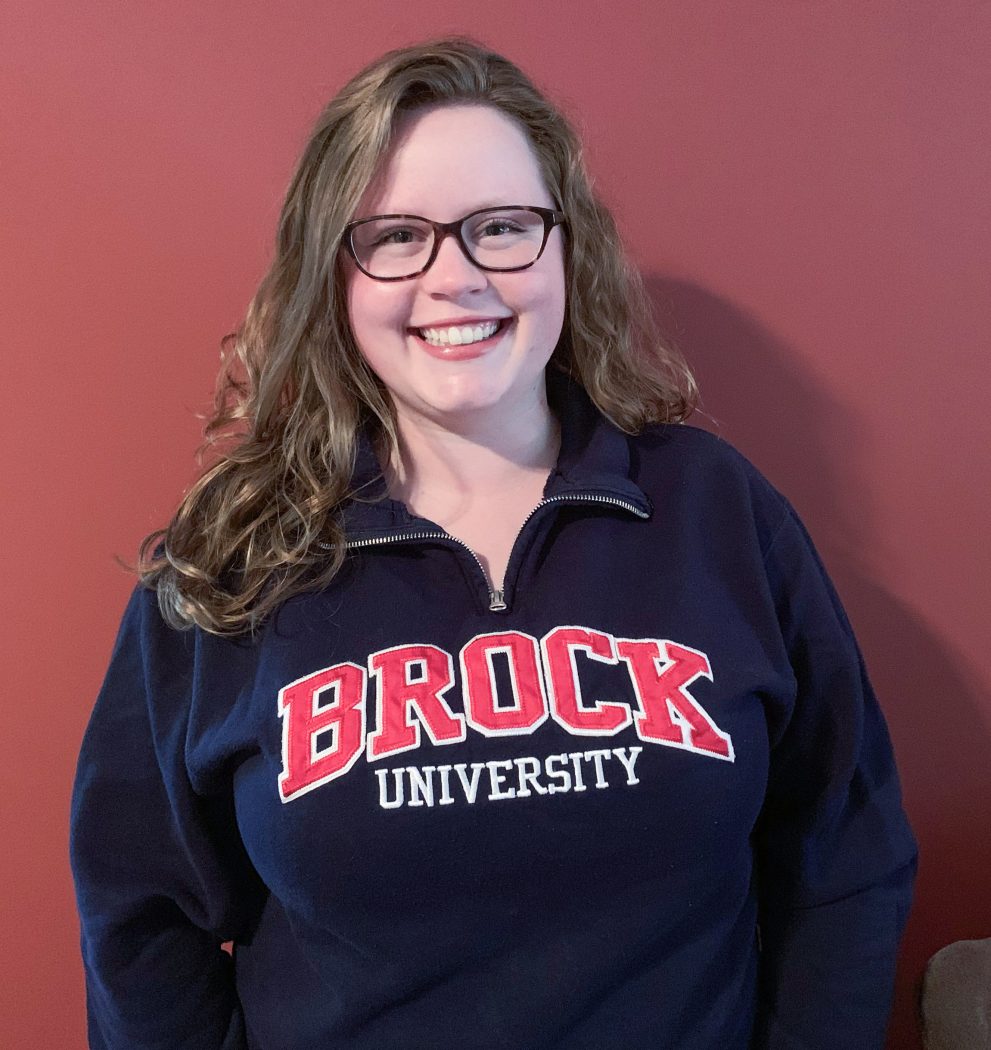
Michelle Pearce used her co-op studies to gain experience in the environmental job sector and figure out which graduate program to apply for.
“I didn’t have any Canadian work experience, and co-op let me get my foot in the workplace door,” he said.
When physical distancing regulations shut many businesses, Wang, 26, was able to continue his work remotely and ultimately earn a full-time job with the organization.
“The work term was the perfect way for me to learn about Meridian and get to know people there,” he said. “My preparation and the lessons I received from the co-op team made it much more straightforward to secure a full-time role in my field at a time when it was tougher to do so.”
In addition to the job he accepted, Wang also received offers from two other financial firms, a sign, he said, that co-op students are more in-demand due to their readiness to tackle and adapt to a variety of situations.
While Wang focused on the financial industry, Pearce, of Guelph, concentrated on the environmental sector. The 22-year-old Geography graduate, who received her bachelor’s degree Friday, completed her work terms with the Canadian Food Inspection Agency as a horticulture and forestry survey student.
While there, she began to explore and interact with various environmental roles she saw as potential paths for her future.
“Seeing the different jobs available helped me to realize how much I liked working in an environmental setting and to figure out which master’s program I would need to complete to make that possible,” Pearce said. She ultimately was accepted to Brock’s Master of Earth Sciences program.
The pandemic affected Pierce’s final undergraduate work term, although she too said the lessons she learned from the University’s Co-op Education team are beneficial going forward.
“The co-op team taught me how to prepare for and be flexible in the tasks and timelines I faced during my work term this summer, and how to comply with new distancing guidelines. It all helped me to settle more easily into my master’s studies this fall,” she said.
Despite significant global change, the pair were happy to mark Brock’s Virtual Convocation and celebrate what they have achieved so far.
“It was sad to not be there in person, but my mom and I watched together, and I am looking forward to joining with my classmates to celebrate when restrictions are lifted,” said Pearce.
“I celebrated with a few friends, and I will share the stream with my family back home as well,” said Wang.
As both grads return to the tasks and assignments of the fall, each emphasized the role co-op has played in their lives, especially during such a tumultuous few months.
Co-op helped me to figure out where I wanted to go and how to get there even when the world was changing,” said Pearce.
“The service from co-op is second to none,” said Wang. “I’m so relieved that I have been able to secure a full-time job in my field and I could not have done that without the support of the entire co-op team.”
To learn more about Brock’s Co-op Education opportunities, visit the Co-op website.
Story reposted from The Brock News
